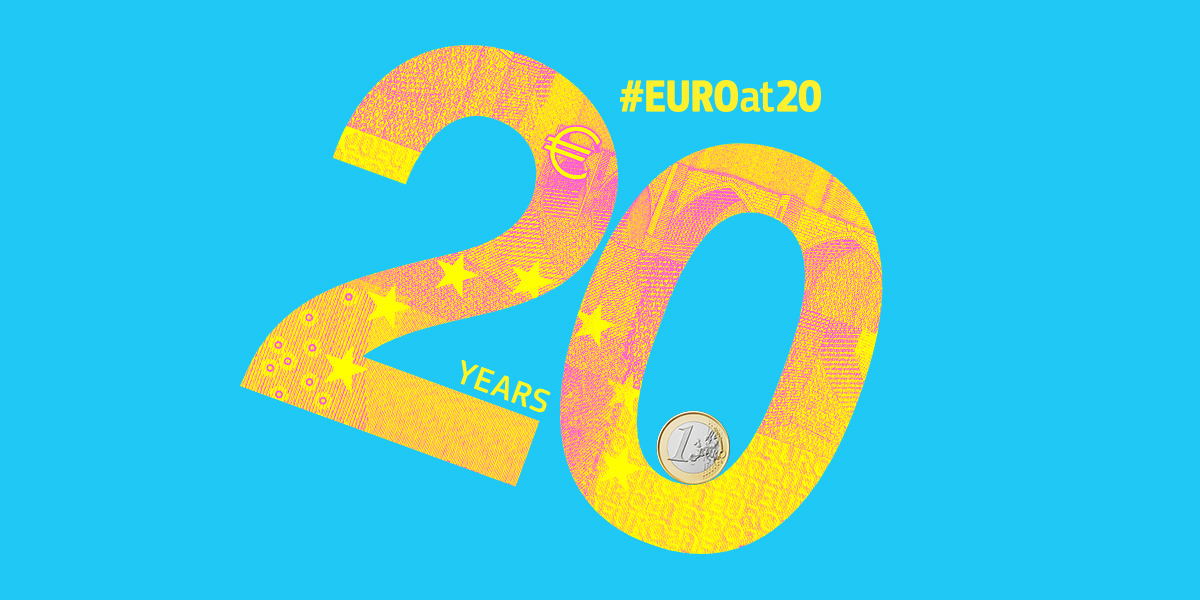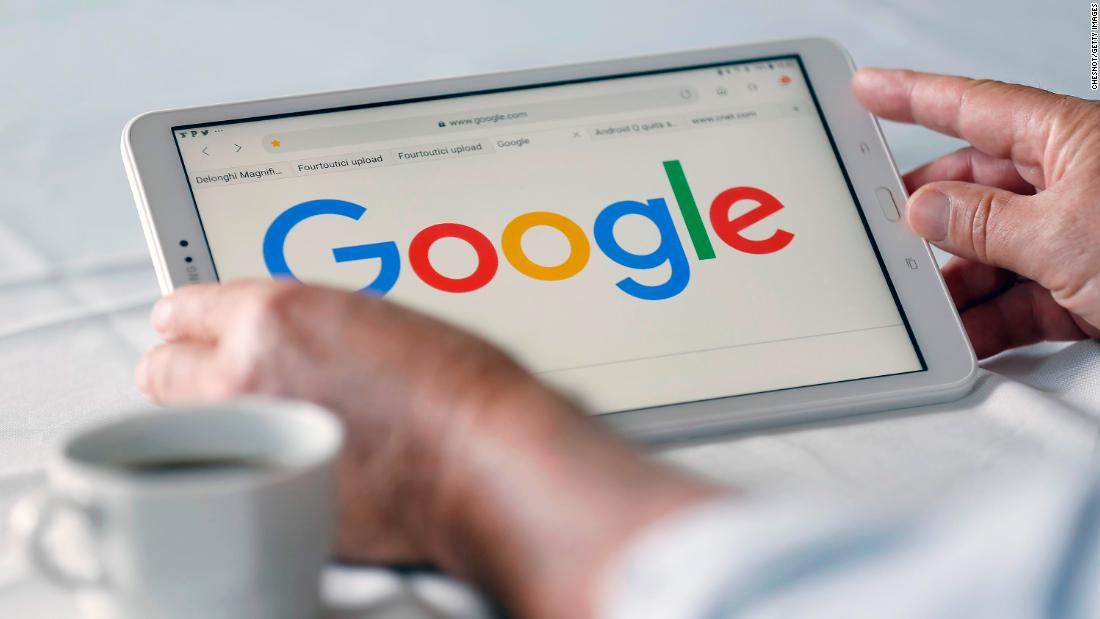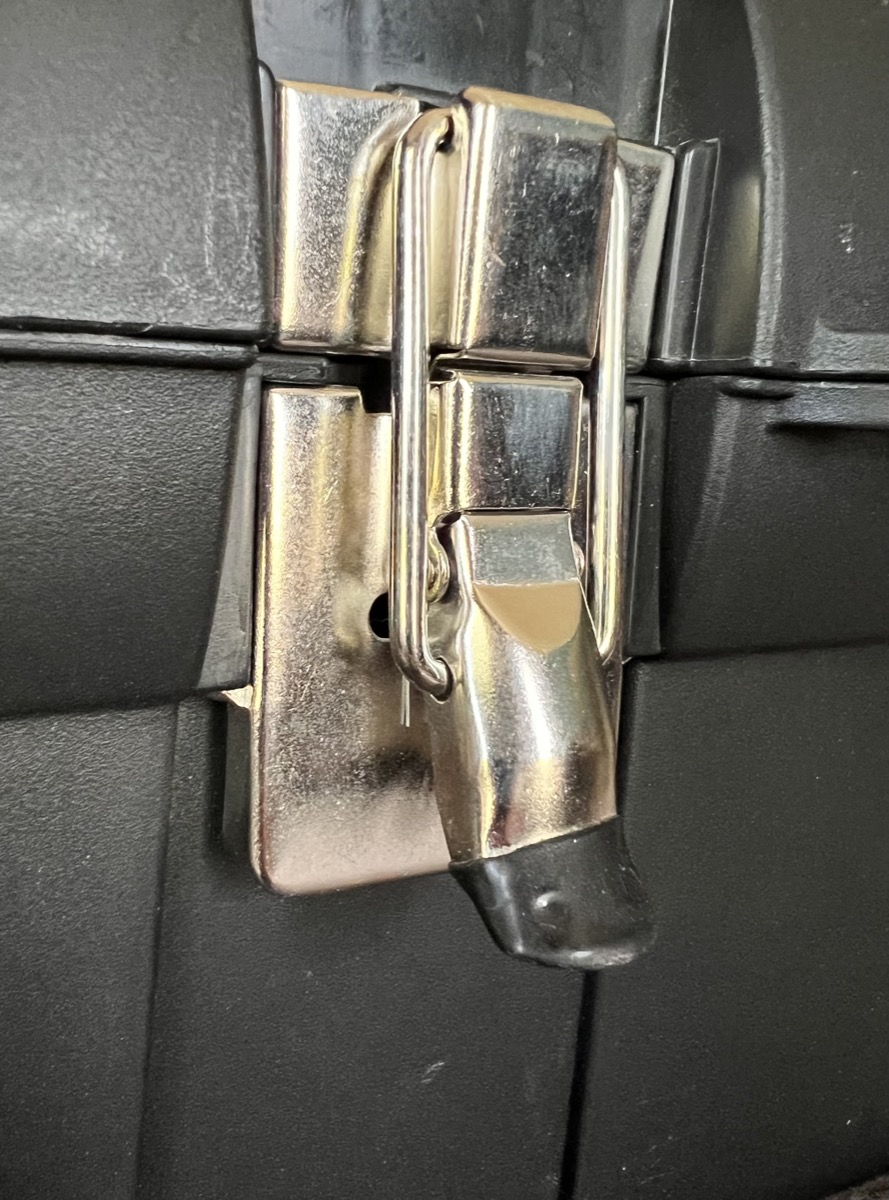
FAQ on a digital euro
Digitalisation is changing the way we pay. The use of cash to make payments is declining and the coronavirus (COVID-19) pandemic has accelerated the shift towards online shopping and digital payments. A digital euro would be an electronic form of cash for the digitalised world. It would give consumers the option to use central bank money in a digital format, complementing banknotes and coins.
A digital euro would make people’s lives easier by providing something that does not currently exist: a digital means of payment universally accepted throughout the euro area, for payments in shops, online or from person to person. Like cash, a digital euro would be risk-free, widely accessible, user-friendly and free for basic use.
Moreover, a digital euro would strengthen the strategic autonomy and monetary sovereignty of the euro area by boosting the efficiency of the European payments ecosystem as a whole, fostering innovation and increasing its resilience to potential cyberattacks or technical disruptions, such as power outages.
A digital euro would offer a pan-European payment solution, available throughout the euro area, under European governance. It could therefore help reduce Europe’s dependence on private, non-European payment providers, while acting as a counterweight to their market dominance. In turn, a digital euro would make the European payments landscape more competitive and innovative by offering a platform that makes it easier for payment service providers to offer pan-European solutions of their own.























